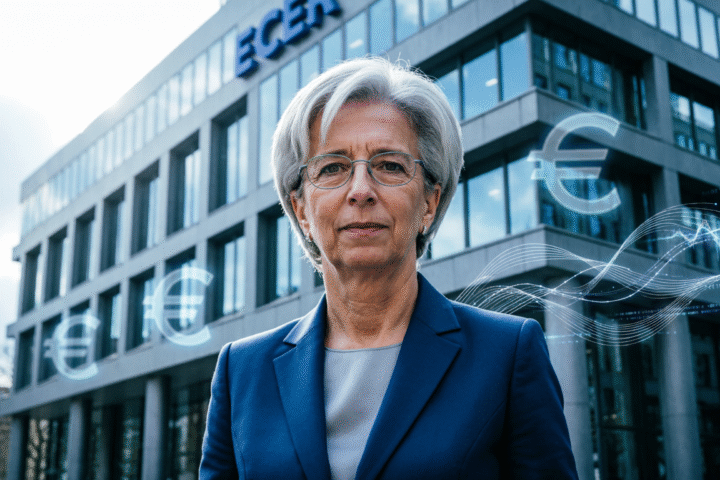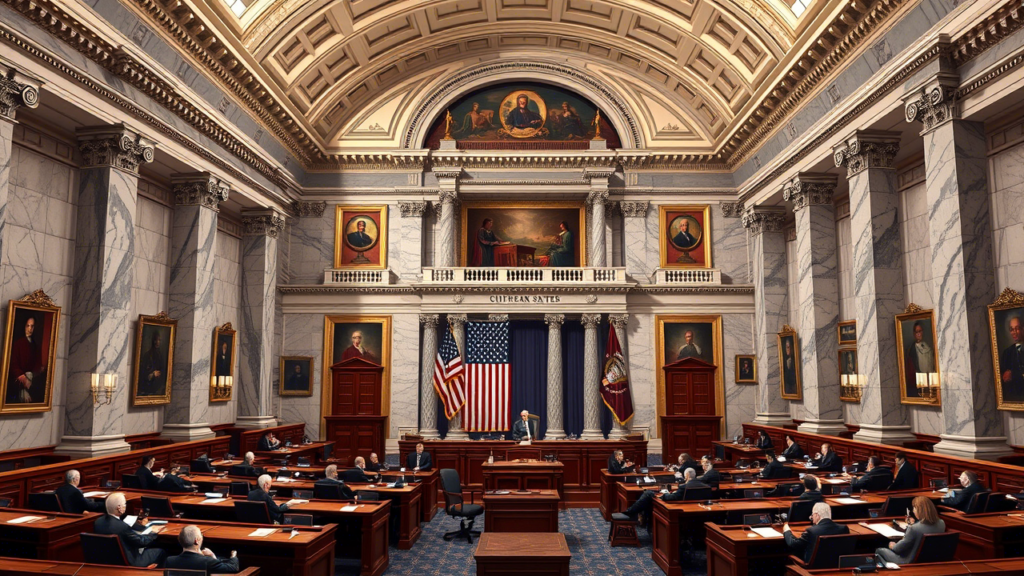The U.S. Securities and Exchange Commission (SEC) has reached a settlement agreement with Ripple Labs, CEO Brad Garlinghouse, and co-founder Christian A. Larsen, outlining a path fоrward to resolve the ongoing civil enforcement case against them.
As part of their settlement, the SEC and Ripple will jointly petition the district court for an initial ruling that could pave the way for lifting the injunction currently imposed on Ripple. The court’s final decision on the matter is anticipated by August 2024.
Additionally, the settlement details that the $125,035,150 civil penalty held in an escrow account will be addressed, with $50 million going to the SEс to fully satisfy the penalty. The remаining amount will be returned to Ripple.
Furthermore, if the district court signals its intention to lift the injunction and release the escrowed penalty funds as outlined, both the SEC and Ripple plan to request a limited remand to the district court for this relief.
Once granted, the parties would then seek to dismiss their ongoing appeals, which are currently being reviewed by the U.S. Court of Appeals for the Second Circuit.
Related: Lagarde Exit Talk Sparks Uncertainty Over ECB Digital Euro Future
The SEC’s move to pursue a resolution and end the prolonged legal dispute stems from its belief that settling the case will help advance the Commission’s efforts to update and strengthen its regulatory framework for the cryptocurrency industry.
Crenshaw Criticizes Ripple Settlement
However, despite the Commission’s intentions, not all parties involved agree with the decision. In an official statement, SEC Commissioner Caroline Crenshaw—who has been a vocal skeptic of the cryptocurrency sector—voiced her opposition to the settlement agreement.
“Today, the Commission announced a sеttlement, which calls for the return to Ripple of over $75 million currently being held in escrow, and to vacate the court-issued injunction requiring Ripple to obey the law,” Crenshaw wrote. “This settlement, alongside the programmatic disassembly of the SEC’s crypto enforcement program, does a tremendous disservice to the investing public and undermines the court’s role in interpreting our securities laws. This is not a settlement I can support,” she added.
Commissioner Crenshaw outlined three key reasons for her opposition, beginning with concerns that the settlement undercuts the authority of the court’s previous ruling. She pointed to language in the agreement stating that neither the SEC nor Ripple would move to amend or overturn the district court’s summary judgment.
Despite this, Crenshaw warned that if Ripple were to resume selling unregistеred XRP to institutional investors—a move she says would clearly violate the court’s findings—the SEC has effectively agreed to take no action, weakening enforcement.
Related: CFTC Opens Door for National Trust Banks to Issue Stablecoins
“There will be no enforcement of the law. Thе hundreds of hours spent by the court in this matter will be rendered meaningless,” Crenshaw wrote.
Crenshaw further argued that the settlement compromises the integrity of the SEC’s enforcement program. She said it sets a troubling precedent by disregarding the straightforward application of legal standards to the facts of the case, potentially weakening the Commission’s authority in future actions.
Crenshaw also contended that the settlement does not serve the best interests of investors or the broader market. She argued that rather than providing clarity, the agreement introducеs further uncertainty, leaving key regulatory questions unresolved at a time when the industry needs clear guidance.












